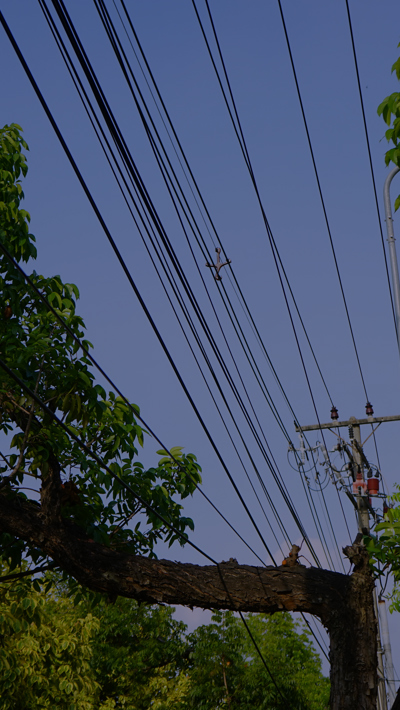Contents
Five consultation papers to inform the new Aotearoa Energy Strategy, due for completion next year, have been released by the Ministry of Business, Innovation and Employment (MBIE).
We focus in this commentary on the potential for government support schemes to incentivise new renewable generation developments, as discussed in the Measures for transition to an expanded and highly renewable electricity system, and Developing a regulatory framework for offshore renewable energy papers.
Submissions close on 2 November 2023. Neither of these workstreams will be affected by the election result.
Support schemes for renewable generation
Investment in any large renewable development requires assessment of a number of risks in a market characterised by price and demand volatility and by regulatory uncertainty against (among other things), the technical, operational, social regulatory and financial viability of project. To mitigate some of these risks and swing the equation in favour of investment, MBIE is proposing to introduce a range of government-backed mechanisms, to potentially to enhance the financial feasibility of renewable energy projects, including:
- Government backed Contract for Difference (CfD) Schemes: financial contracts that hedge the difference between an agreed or fixed price and the market price. Typically, the generator is responsible for paying the market price and the customer is responsible for paying the fixed price under a CfD. A CfD can be structured so that it is ‘always on’ or ‘switched off’ during periods where generation is not available. The UK, Victoria in Australia, Germany and Spain have all implemented these sorts of arrangements.
- The UK Contract for Difference scheme provides low carbon generators with a guaranteed revenue stream. Applications are through a ‘sealed bid’. The successful bidder then enters into a long term CfD with the government-owned Low Carbon Contracts Company and is paid a flat rate for the electricity it produces over a 15-year period.
- The Victorian Government has designed a CfD auction scheme (the Victorian Renewable Energy Target or VRET) that offers a 10-year support agreement under which successful bidders receive the difference between the market price for the generation from their renewable energy project and a strike price when the market price is low.
- Feed in Tariffs (FIT): under these arrangements a single counterparty typically purchases the full volume of energy generated and exported to the grid at a fixed purchase price. In others markets FITs have typically been restricted to small scale generation but in the small New Zealand market, we consider they could also be useful in supporting demand-response innovations such as ‘virtual power plants.’ The UK, for example, provides fixed payments to smaller scale renewable generators, passing the cost of these payments on to energy retailers and consumers.
- Government backed Power Purchase Agreements (PPA): A PPA is a contract between an electricity generator and purchaser, generally at a discounted rate, and for a long-term. They are becoming widely used in New Zealand among sophisticated offtakers, such as existing gentailers and large corporates, in order to secure project financing. In Australia, government has used PPAs to facilitate aggregated buyer groups. In 2021, the Victorian Energy Collaboration (VECO) enabled 51 councils to pool their electricity demand into a single PPA under which they contracted Red Energy to provide 100% renewable energy to power council-owned infrastructure.
Chapman Tripp comment
Each of these mechanisms has the potential to incentivise investment in new generation by providing a line of sight to long term revenue certainty and protection against market price volatility. We think the presence of a secure and financially stable counterparty, such as a government entity, would improve the financial viability of a renewable project for developers and funders alike. This support could unlock crucial financing and expedite a project's development. But in introducing any form of government financial support, care needs to be taken not to derail the growing use of PPAs in the corporate sector. In the last few years, Chapman Tripp has advised on a number of corporate PPAs – and we expect this to keep growing. Any government support scheme should look to complement this trend, and not deter potential sellers from seeking out willing commercial counterparties.
Next Steps
As part of these consultations MBIE is seeking to understand whether more government intervention is needed or whether existing mechanisms (e.g., the rising cost of carbon under the ETS, the zero-carbon targets and the natural retirement of fossil-fuelled generation) are sufficient to promote the necessary levels of new investment.
In our view, any support to reduce the number or size of hurdles to new development is a good thing – provided these are well thought out.
If you would like more information or assistance making a submission, please get in touch with a member of our expert energy team.
With thanks to Gracie Jones, solicitor, for her contribution to this article.










































